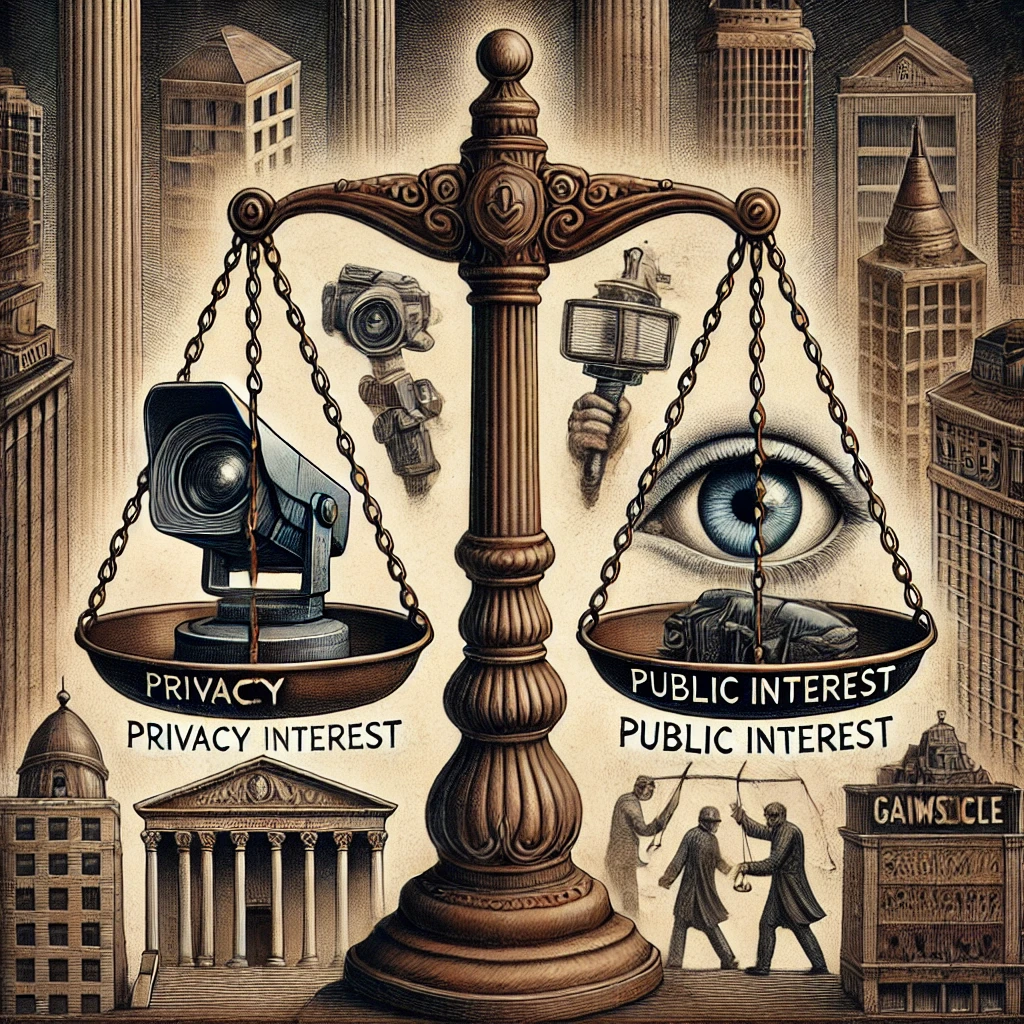The recent surge in interest regarding the Jacob Cain mugshot in Gainesville, GA, underscores the complex interplay between public records and personal privacy. This article provides an in-depth analysis of the circumstances surrounding Jacob Cain’s case, exploring the legal, ethical, and social dimensions of the publication of mugshots.
Jacob Cain’s encounter with the law in Gainesville, a vibrant city in northeast Georgia, has sparked significant public discourse. This discourse addresses not only Cain’s alleged involvement in a legal matter but also the broader implications of distributing mugshots in the digital age.
Jacob Cain Mugshot Gainesville GA: The Incident and Legal Context
Jacob Cain found himself at the center of legal scrutiny following an incident that reportedly led to his arrest. While specific details of the case remain confidential, the release of his mugshot has fueled public curiosity and debate. In the United States, officials typically release mugshots like Cain’s as part of the public record to maintain transparency within the judicial process.
However, the availability of such images raises profound questions about privacy, presumption of innocence, and the potential for reputational harm. The incident involving Cain brings these issues into sharp relief, highlighting the tension between public interest and individual rights.
Jacob Cain Mugshot Gainesville GA: Ethical Considerations and Public Reaction
The publication of Jacob Cain’s mugshot has elicited a wide range of responses. On one hand, it serves the public’s right to know and promotes accountability. On the other hand, it poses significant risks to the individuals depicted, who may face judgment and stigma regardless of their legal innocence.
Social media platforms have played a pivotal role in amplifying the visibility of mugshots. Discussions on platforms like Facebook, Twitter, and Reddit can quickly escalate, impacting public opinion and potentially prejudicing the outcomes of legal proceedings.
Jacob Cain Mugshot Gainesville GA: The Role of Media and Ethical Journalism
Media coverage of cases like Jacob Cain’s mugshot often walks a fine line between reporting facts and sensationalism. Ethical journalism is crucial in such situations, requiring reporters to balance the public’s right to information with the rights of the individuals involved. Reporters should responsibly emphasize the provisional nature of mugshots and the legal principle that presumes all persons innocent until proven guilty.
Jacob Cain Mugshot Gainesville GA: Advocacy and Reform
The case of Jacob Cain has also energized advocacy efforts to reform how the media and online platforms handle mugshots. Advocates argue for greater discretion in releasing such images, suggesting that authorities should withhold mugshots from public release unless they secure a conviction, thereby protecting individuals’ privacy and dignity.
The Digital Spread of Mugshots: Risks and Realities
- Instant Accessibility: In the digital age, mugshots like those of Jacob Cain are instantly accessible, spread across social media and various websites within minutes of release.
- Risk of Misinformation: Rapid dissemination can spread misinformation when people share preliminary and often unverified details alongside the mugshot.
- Long-Term Consequences: The lasting presence of a mugshot online can affect an individual’s future employment, relationships, and social standing, long after the legal process has concluded.
Legal Framework and Public Records
- Transparency vs. Privacy: Defenders justify releasing mugshots on transparency grounds, but critics argue that it often infringes on personal privacy.
- Regulatory Differences: The varying state laws on mugshot release lead to inconsistencies in record handling across jurisdictions.
- Calls for Change: There is growing advocacy for laws that restrict public access to mugshots, especially when they pertain to cases that have not led to a conviction.
The Psychological Impact of Public Exposure
- Social Stigma: Published mugshots often expose individuals to significant social stigma, regardless of the outcomes of their cases.
- Emotional Distress: The public exposure can cause considerable emotional distress and anxiety for the individuals involved and their families.
- Community Relationships: The release of a mugshot can alter personal relationships within the community and affect how the community perceives and treats individuals.
Technological Implications and Solutions
- Advancements in Distribution: Technology has made it easier than ever to distribute and access mugshots, but it also provides tools that could help manage and restrict this distribution.
- Potential for Digital Reform: Innovations such as digital rights management could offer ways to control the spread of sensitive information, ensuring it is accessible only to appropriate parties.
- Ethical Considerations: Technology developers and platforms have a responsibility to consider the ethical implications of their systems, potentially implementing features that protect privacy while still serving the public interest.
Conclusion
Jacob Cain’s mugshot from Gainesville, GA, serves as a potent example of the modern challenges at the intersection of law enforcement, media, and privacy. As society continues to grapple with these issues, the case may prompt a reevaluation of the policies surrounding the publication of mugshots to better align with the principles of justice and fairness in the digital age.


